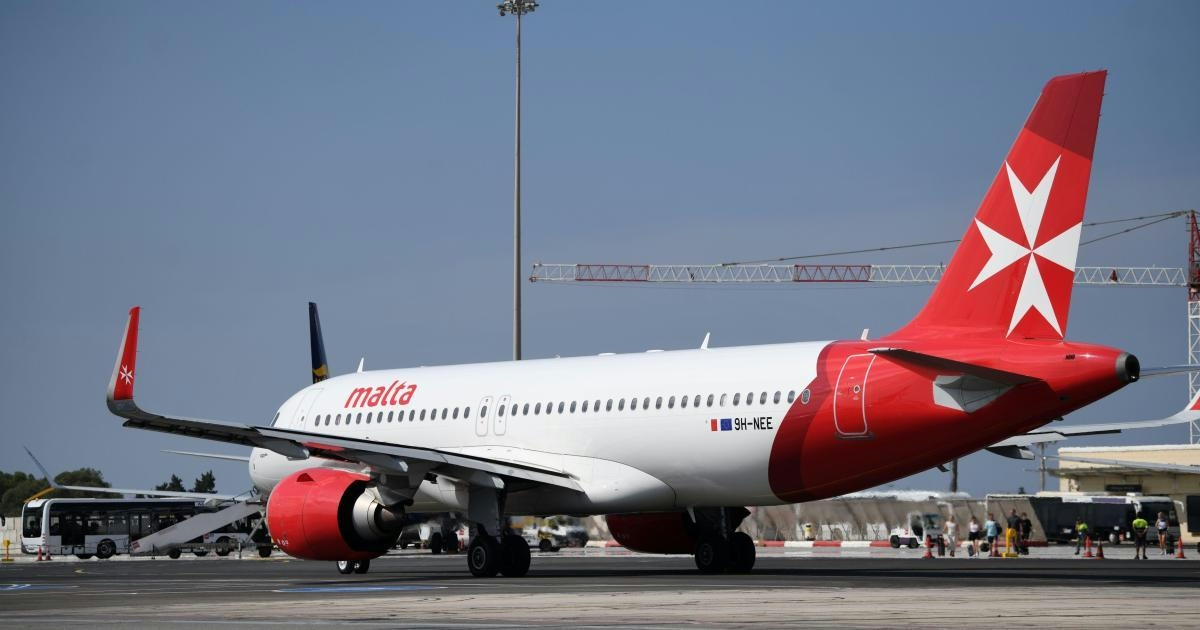
Smarter email, faster business. Auto-tag, parse, and respond to RFQs, quotes, orders, and more — instantly.
Trending
Categories
Delta’s Engine Dismantling Strategy Amid Tariffs and Supply Chain Challenges

Delta’s Engine Dismantling Strategy Amid Tariffs and Supply Chain Challenges
Navigating Tariffs Through Innovative Supply Chain Management
The global aviation industry remains under significant strain from ongoing disruptions, including the lingering effects of the pandemic, escalating trade tensions, and persistent supply chain bottlenecks. In response to these challenges, Delta Air Lines has introduced a strategic initiative for 2025 that involves dismantling newly delivered aircraft in Europe. This approach is designed to circumvent U.S. tariffs and reconfigure the airline’s supply chain operations. By doing so, Delta not only exposes the vulnerabilities inherent in global trade frameworks but also exemplifies a broader trend toward geopolitical arbitrage within the aerospace sector.
Central to Delta’s strategy is the exploitation of a regulatory nuance: while the United States imposes a 10% import tariff on European-built aircraft, engines manufactured in the U.S. are exempt from this duty. Delta leverages this by disassembling Airbus A321neo jets upon delivery in Europe, extracting the U.S.-made Pratt & Whitney GTF engines, and shipping only these engines to the United States. This tactic enables the airline to avoid substantial tariff costs, redeploy engines to reactivate older aircraft, and circumvent delays associated with Federal Aviation Administration (FAA) certification for new Airbus models.
Financially, the implications are considerable. Delta projects annual savings ranging from $20 million to $30 million per aircraft, resources that can be redirected toward fleet modernization and sustainability efforts. However, this maneuver also highlights the increasing complexity and fragmentation of global supply chains, as airlines and manufacturers adapt to an environment marked by rising tariffs and regulatory unpredictability.
Impact on the Aerospace and Maintenance Ecosystem
Delta’s engine dismantling approach has significant repercussions across the aerospace industry, particularly within the maintenance, repair, and overhaul (MRO) sector. By repurposing engines, Delta stimulates demand for MRO services, benefiting key providers such as Lufthansa Technik, ST Engineering, and Honeywell, which specialize in engine overhauls and aircraft modifications. Additionally, engine manufacturers like Rolls-Royce and General Electric Aviation stand to gain as airlines seek spare parts and new revenue opportunities.
The integration of advanced digital technologies is transforming MRO from a traditional cost center into a strategic asset. Tools such as artificial intelligence-driven predictive maintenance and blockchain-enabled supply chain transparency are enabling rapid responses to operational disruptions and reducing costly aircraft-on-ground (AOG) incidents. According to Deloitte’s 2025 industry report, these innovations are critical in enhancing resilience and efficiency within aerospace maintenance operations.
Market Dynamics and Competitive Challenges
While Delta’s strategy offers clear financial and operational benefits, it also introduces new challenges. The diversification of supply chains in response to tariffs can increase overall costs, compelling airlines and suppliers to reevaluate vendor relationships and explore alternative sourcing regions less affected by trade barriers. Competitors may respond by adjusting their parts sourcing, maintenance practices, and aircraft procurement based on the country of manufacture, further complicating network planning and capacity management.
The evolving tariff environment is exerting pressure across the aviation market, forcing airlines to reconsider acquisition strategies and adapt to shifting cost structures. These challenges are expected to intensify in the latter half of 2025, with ripple effects extending beyond aviation to industries such as automotive manufacturing, where companies are similarly working to mitigate tariff impacts on inventory and supply chains.
Strategic Outlook: Embracing Agility and Technological Innovation
The aerospace sector is increasingly becoming a testing ground for supply chain resilience. Organizations that combine geopolitical agility with technological innovation—such as MRO providers investing in AI and blockchain, or engine manufacturers expanding production to regions like Brazil and Singapore—are positioned to succeed in this complex environment.
Delta’s engine dismantling strategy underscores a new operational reality: in a fragmented global trade landscape, adaptability and inventive logistics are as vital as engineering excellence. As tariffs and supply chain challenges continue to reshape the industry, airlines and manufacturers must persist in innovating to maintain competitiveness.
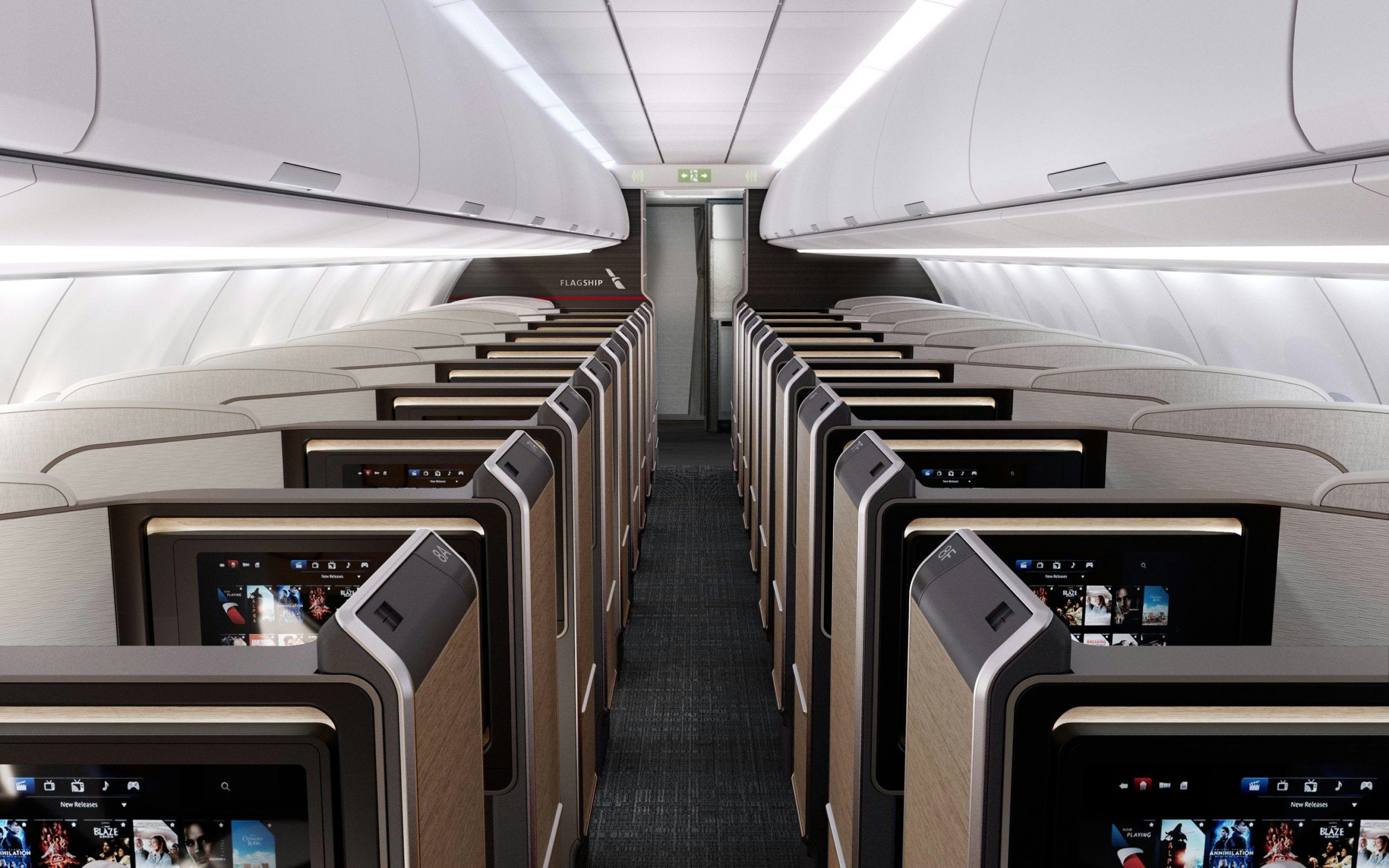
American Airlines’ First Airbus A321XLR Grounded in Europe Amid Supply Chain Delays

American and Southwest Airlines Will Not Use AI for Pricing

Congress Questions FAA on Staffing Cuts and AI Use Amid Safety Concerns
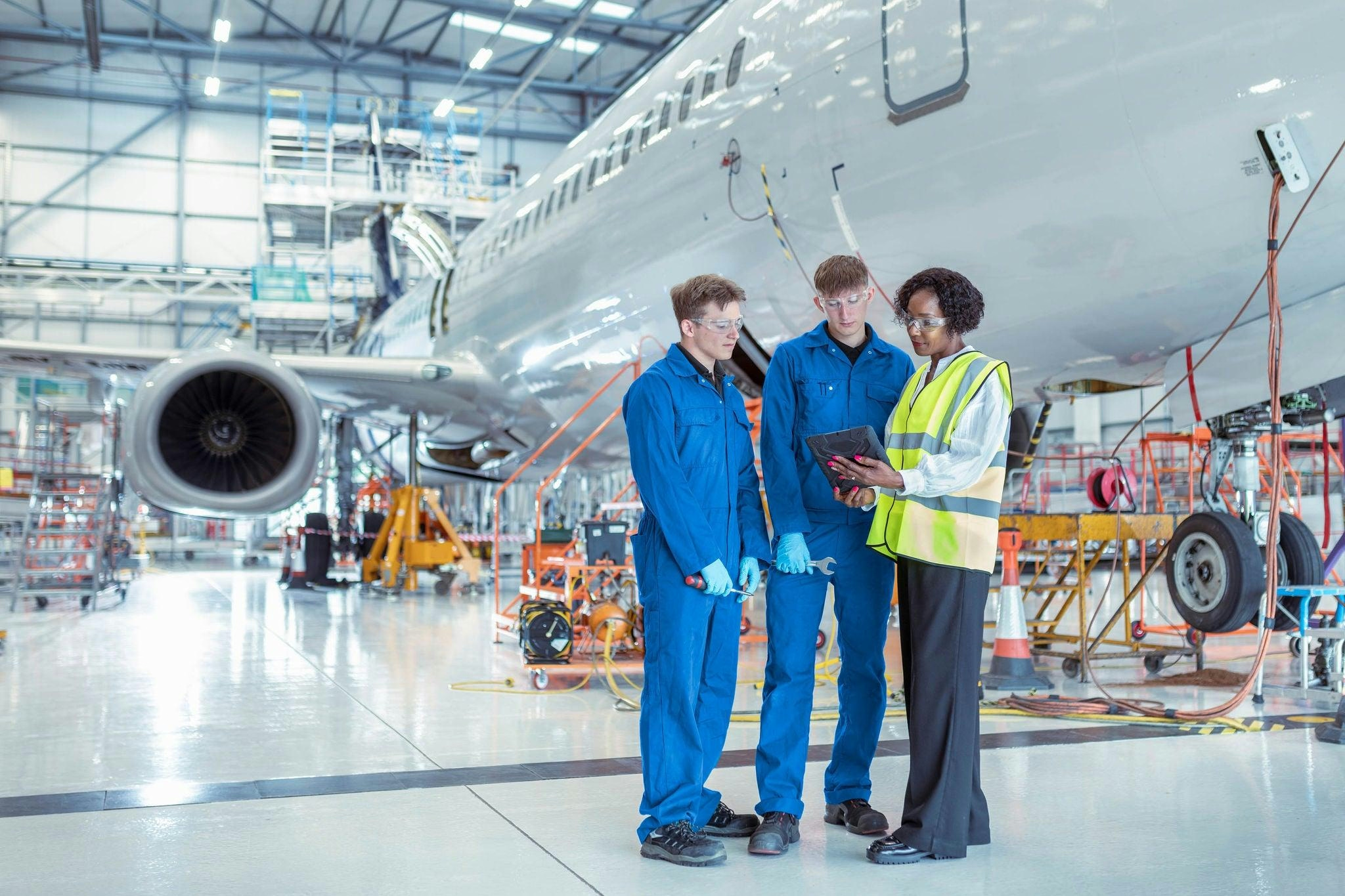
Supply Chain Delays and Their Impact on the Future of Aviation
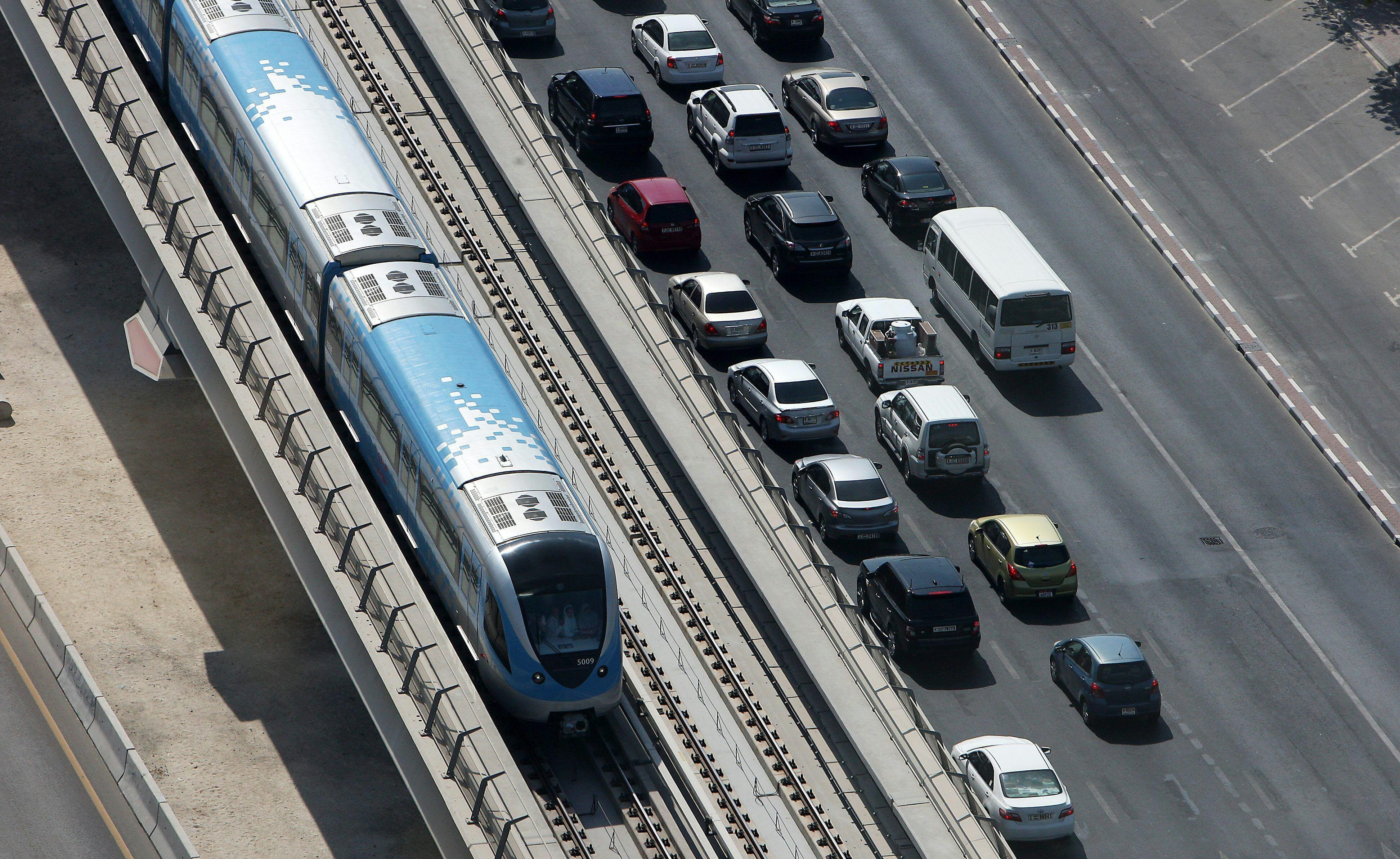
The Future of Bus Travel in Dubai Amid Rise of Metro and Air Taxis

Air India CEO Urges Staff to Respond with Openness Following AI 171 Crash
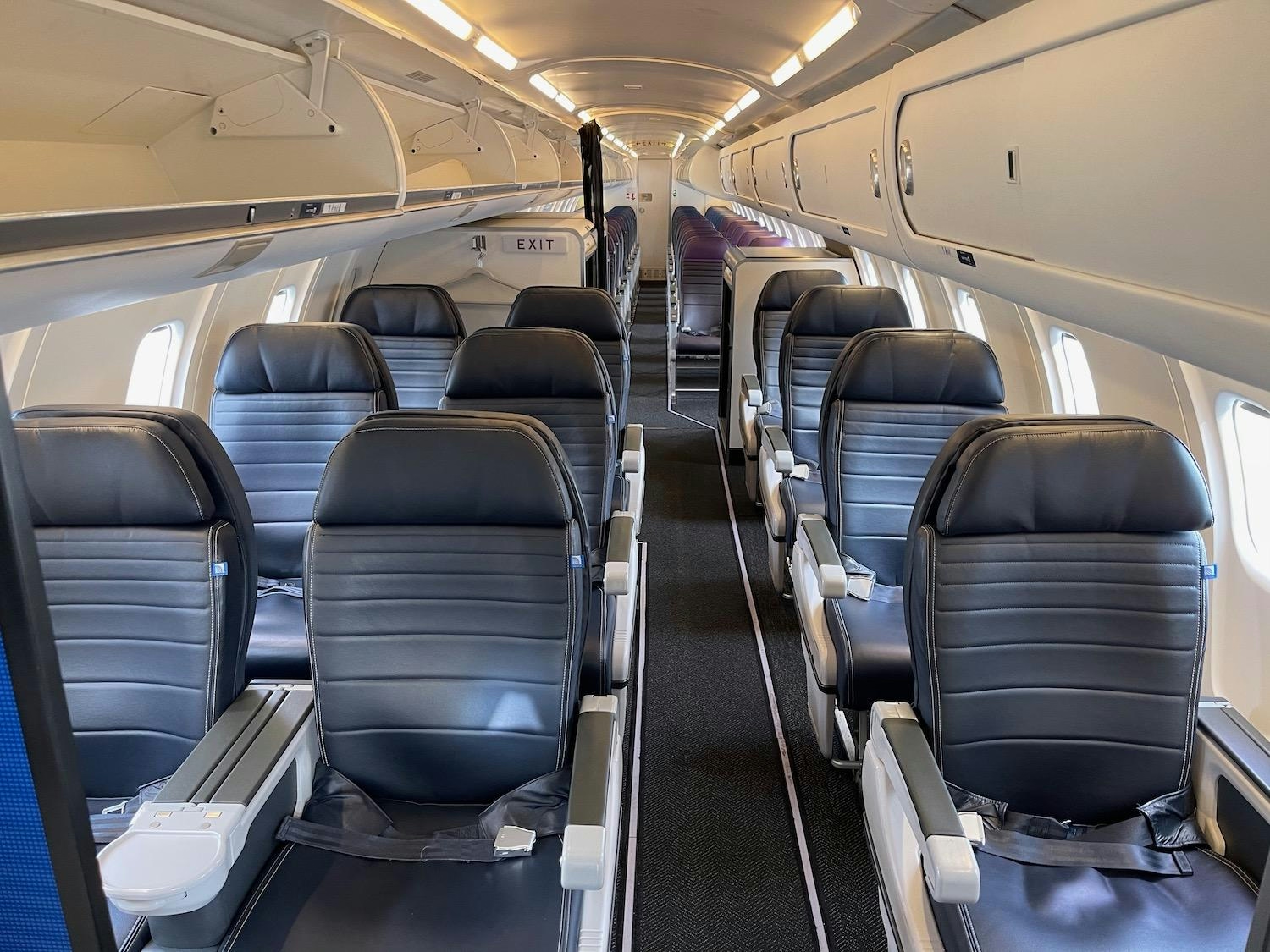
Evolution Airways Expands Citation Fleet, Considers ERJ and CRJ Jets
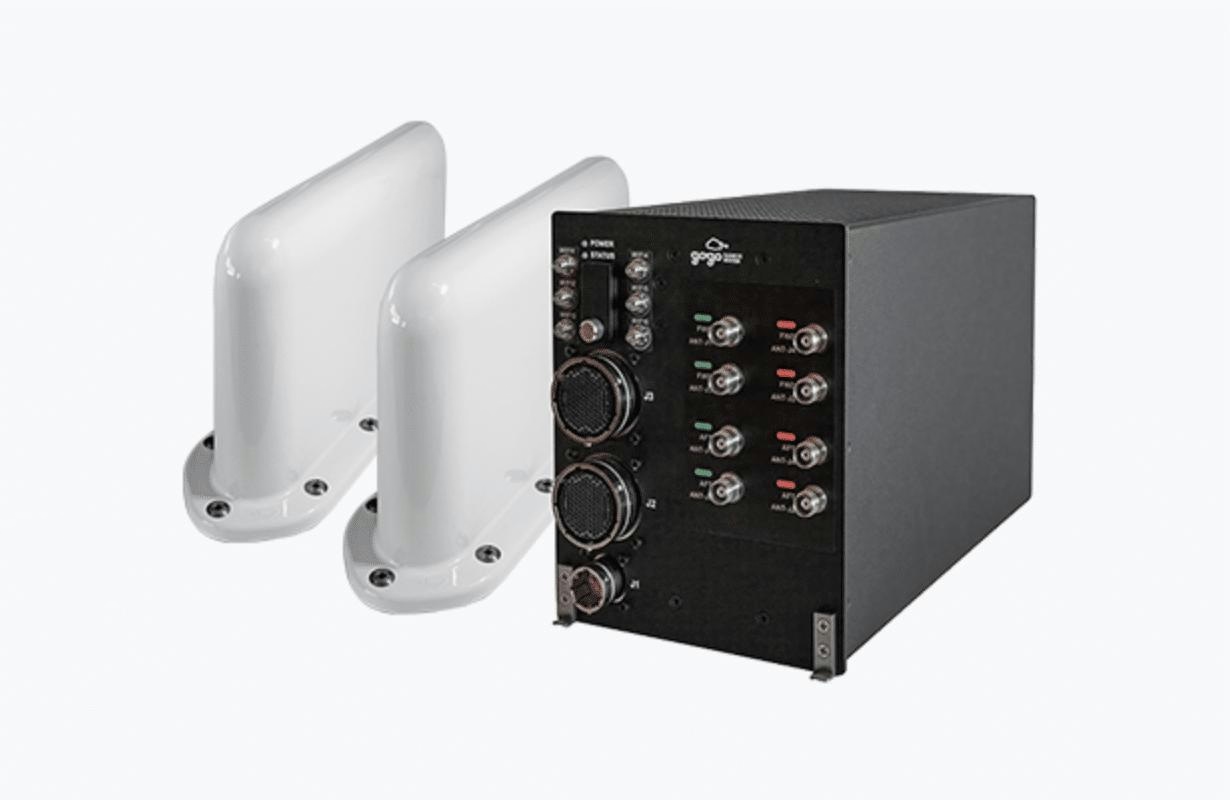
Elevate MRO Begins Offering Gogo Installations Through Industry Partnerships
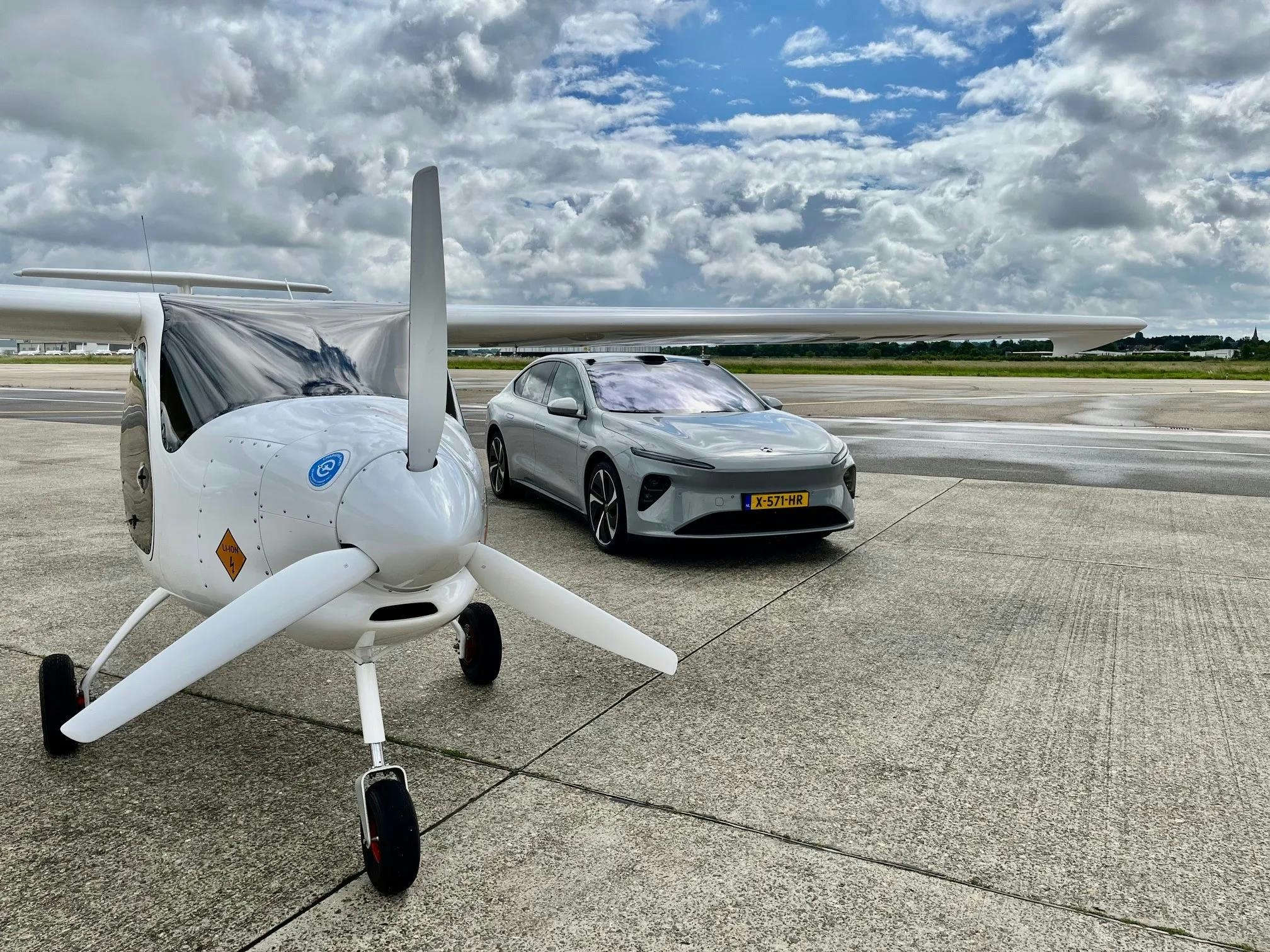
European Startup Claims Narrow-Body Electric Aircraft Is Feasible
